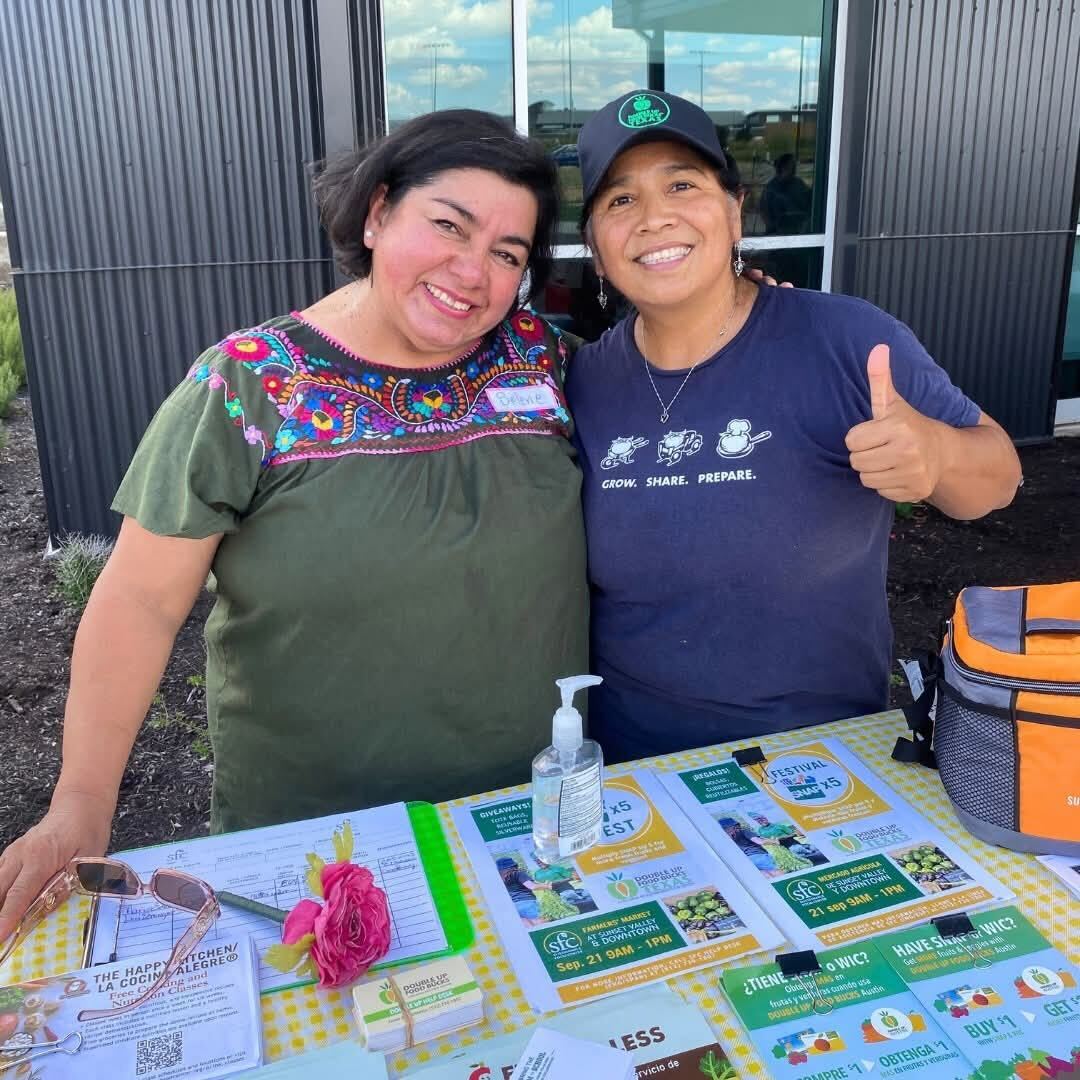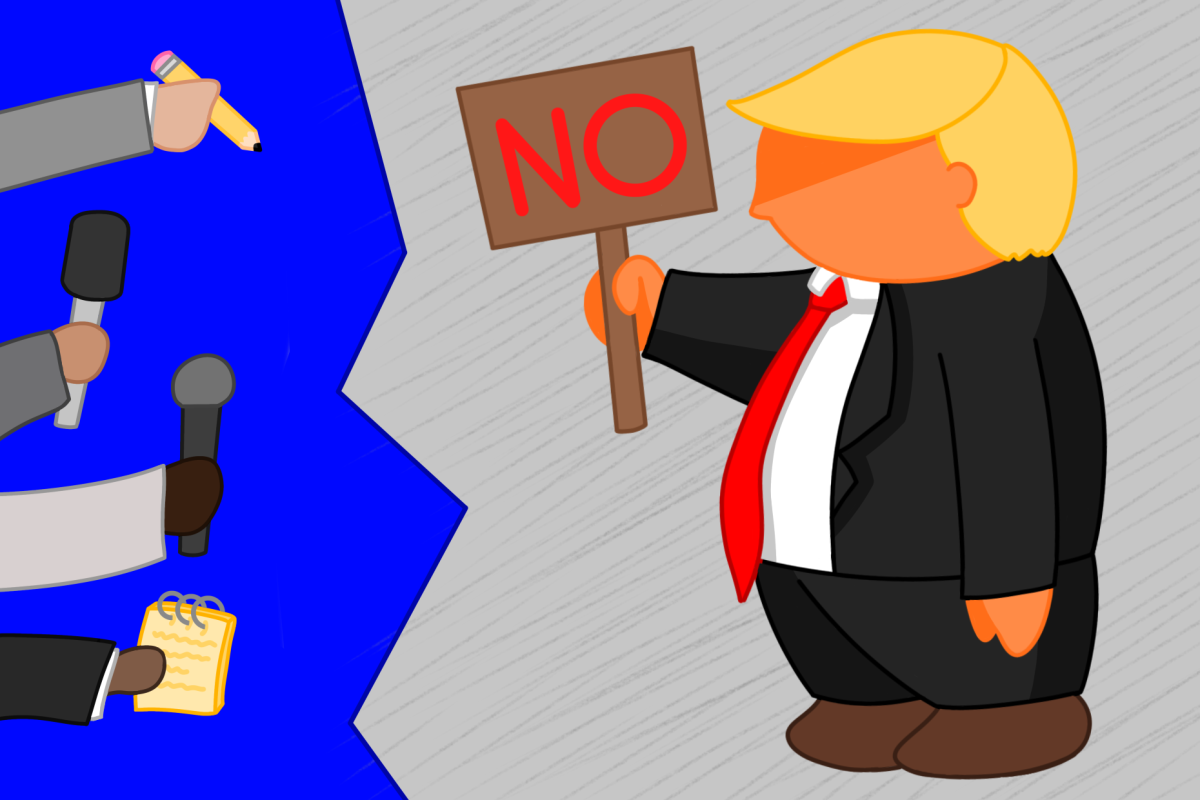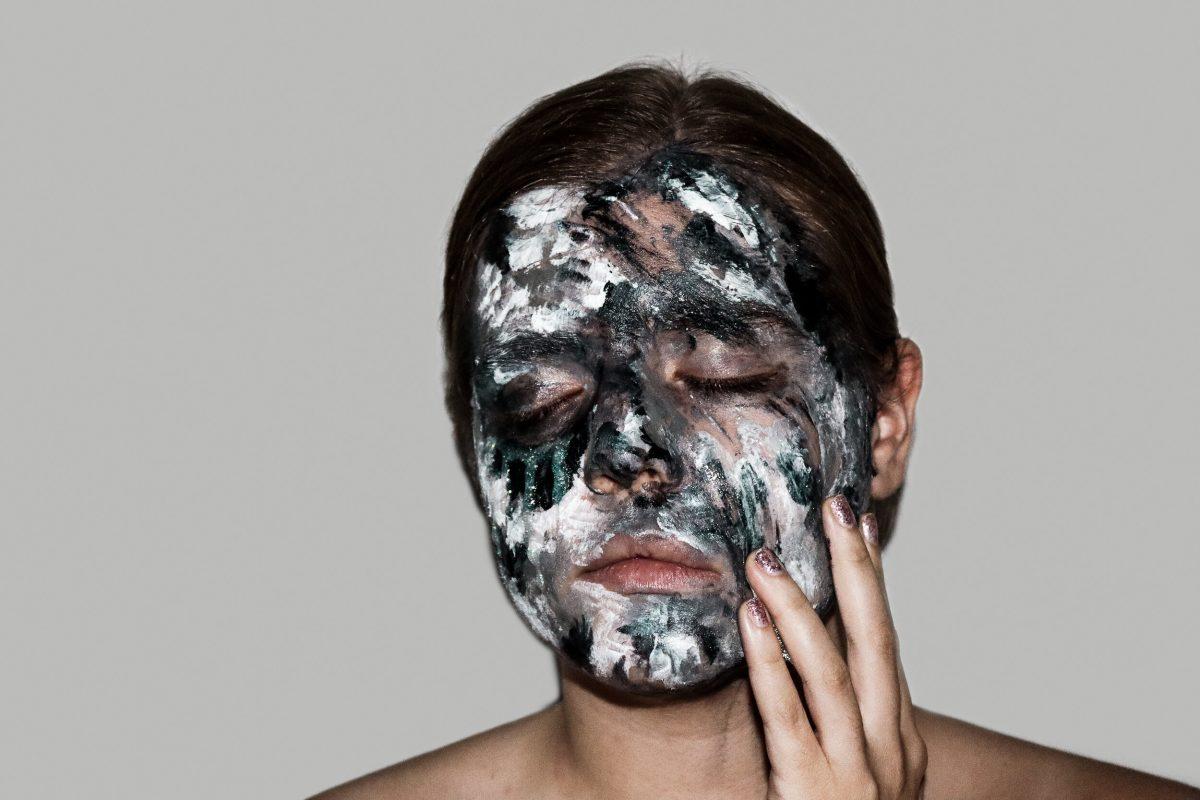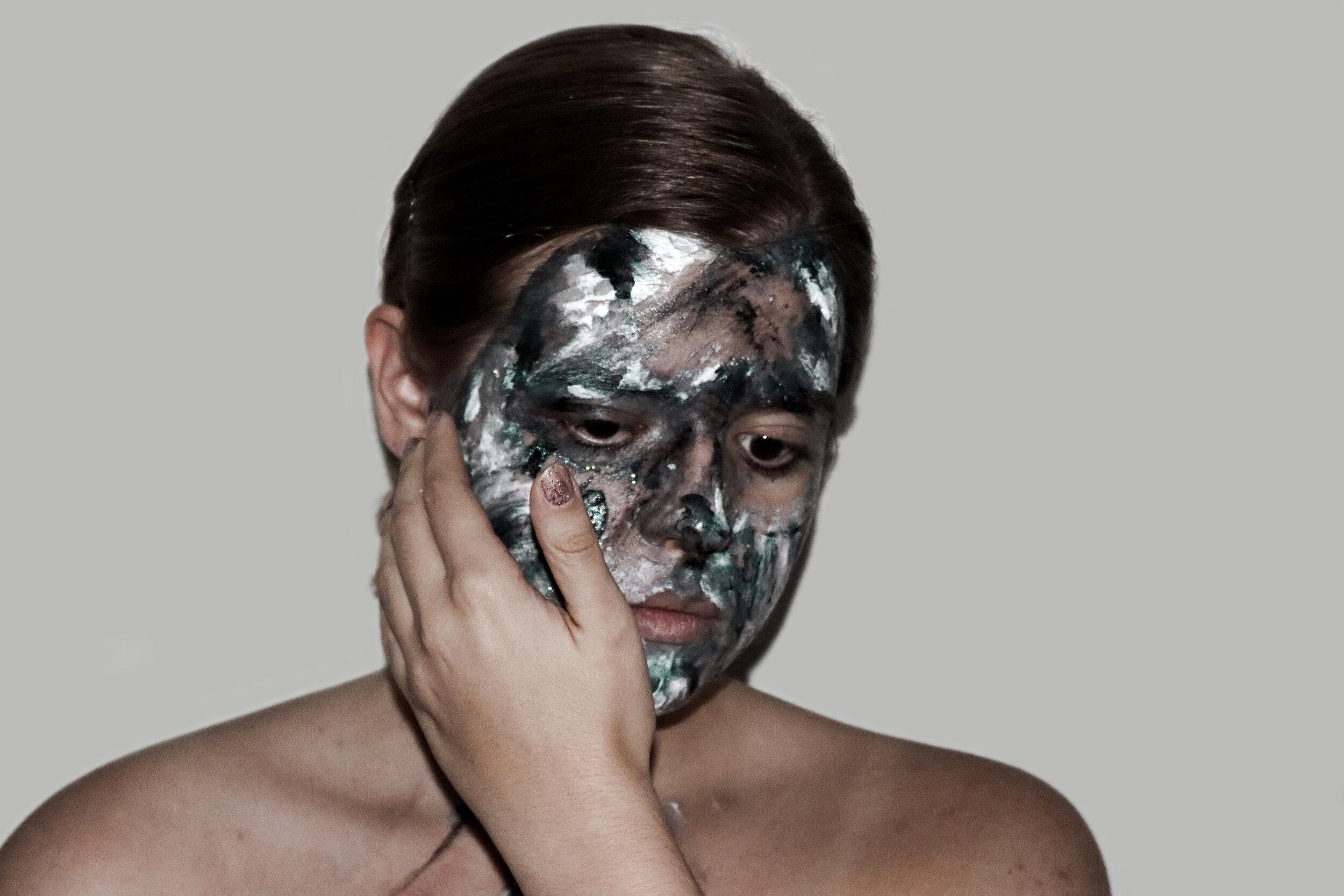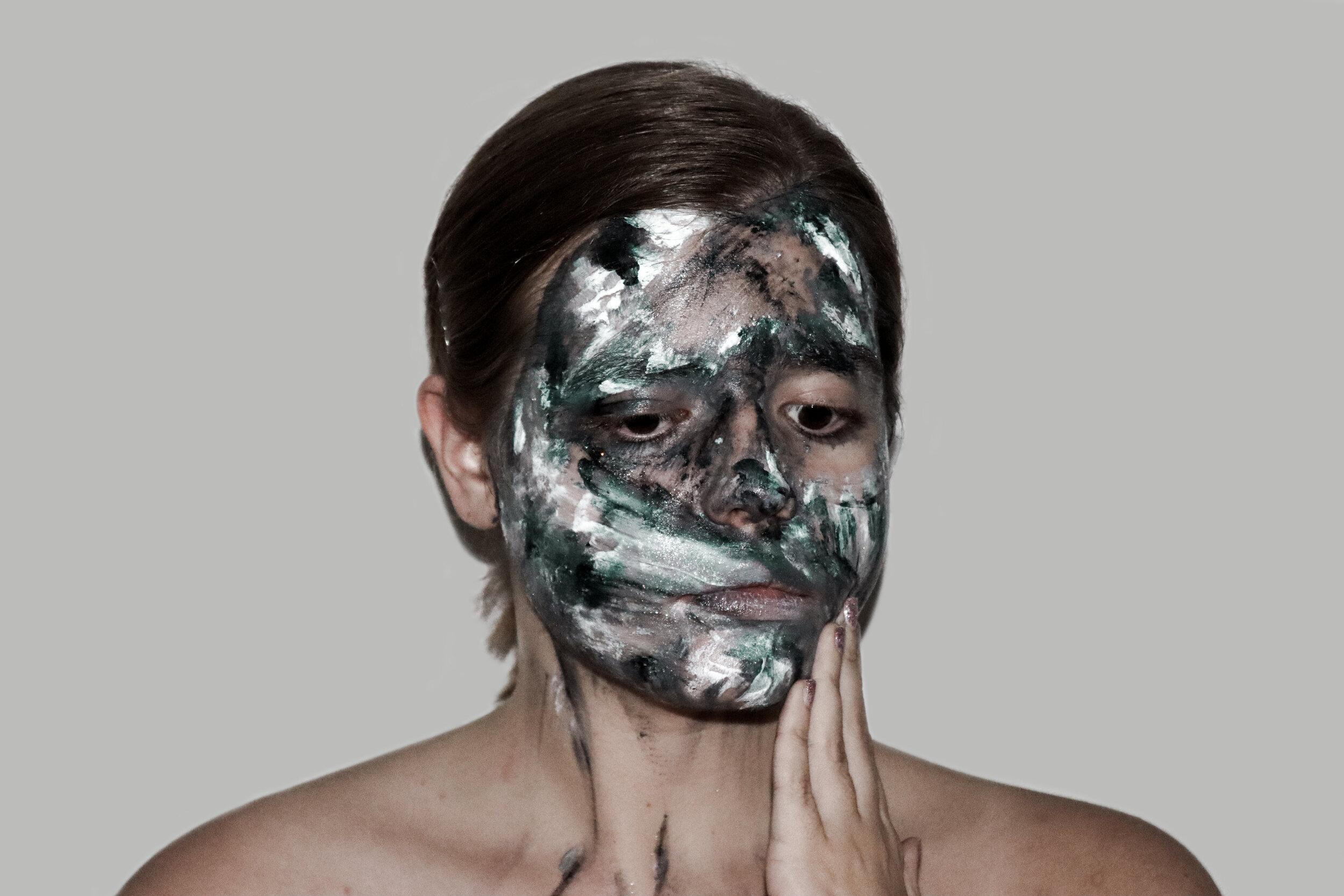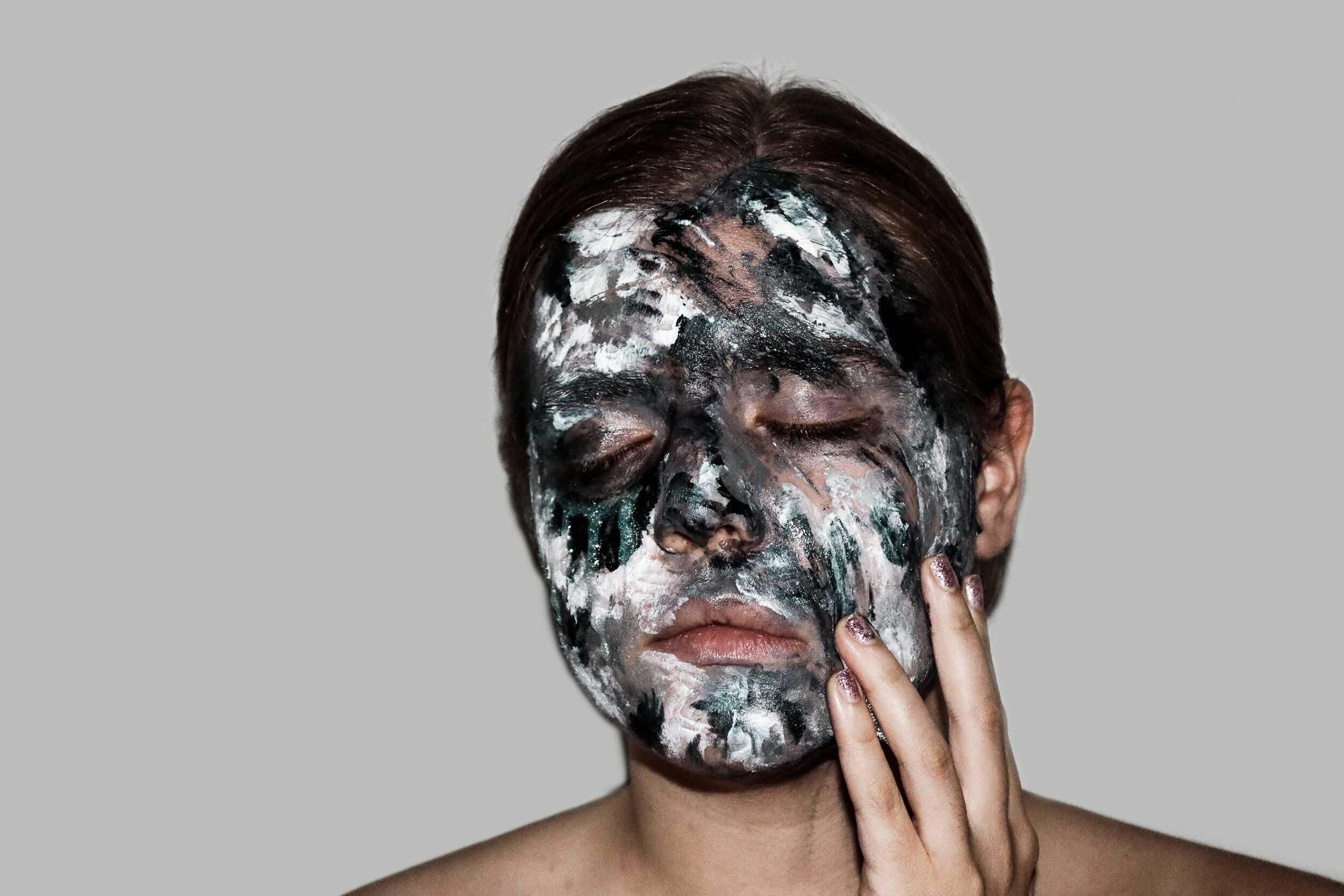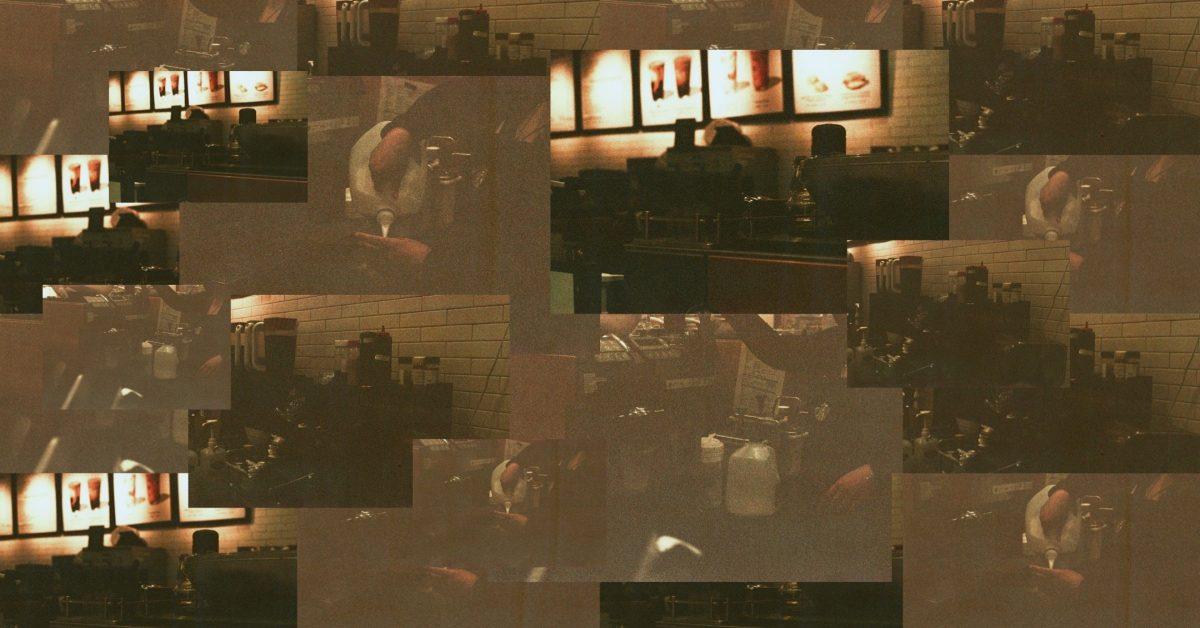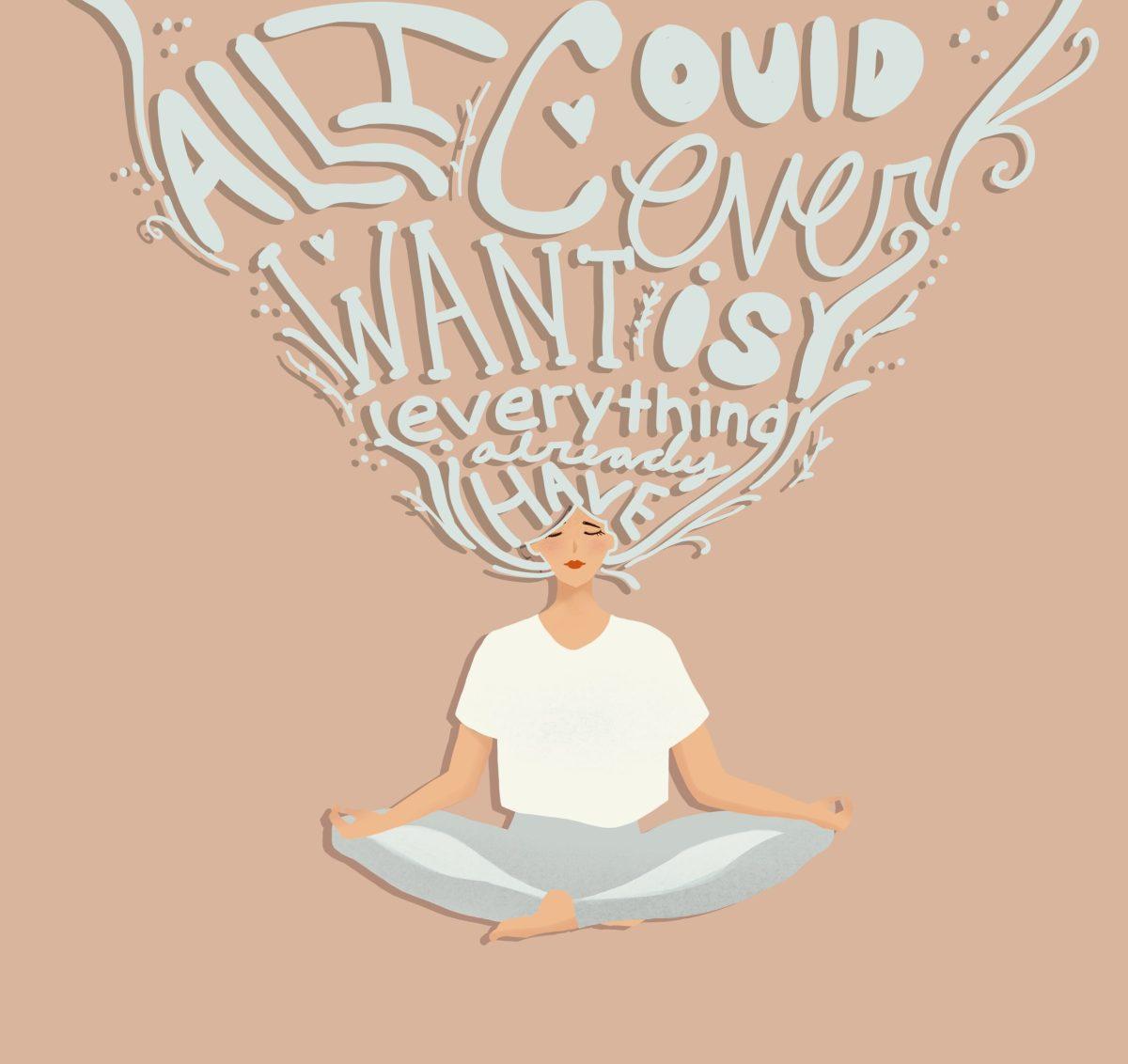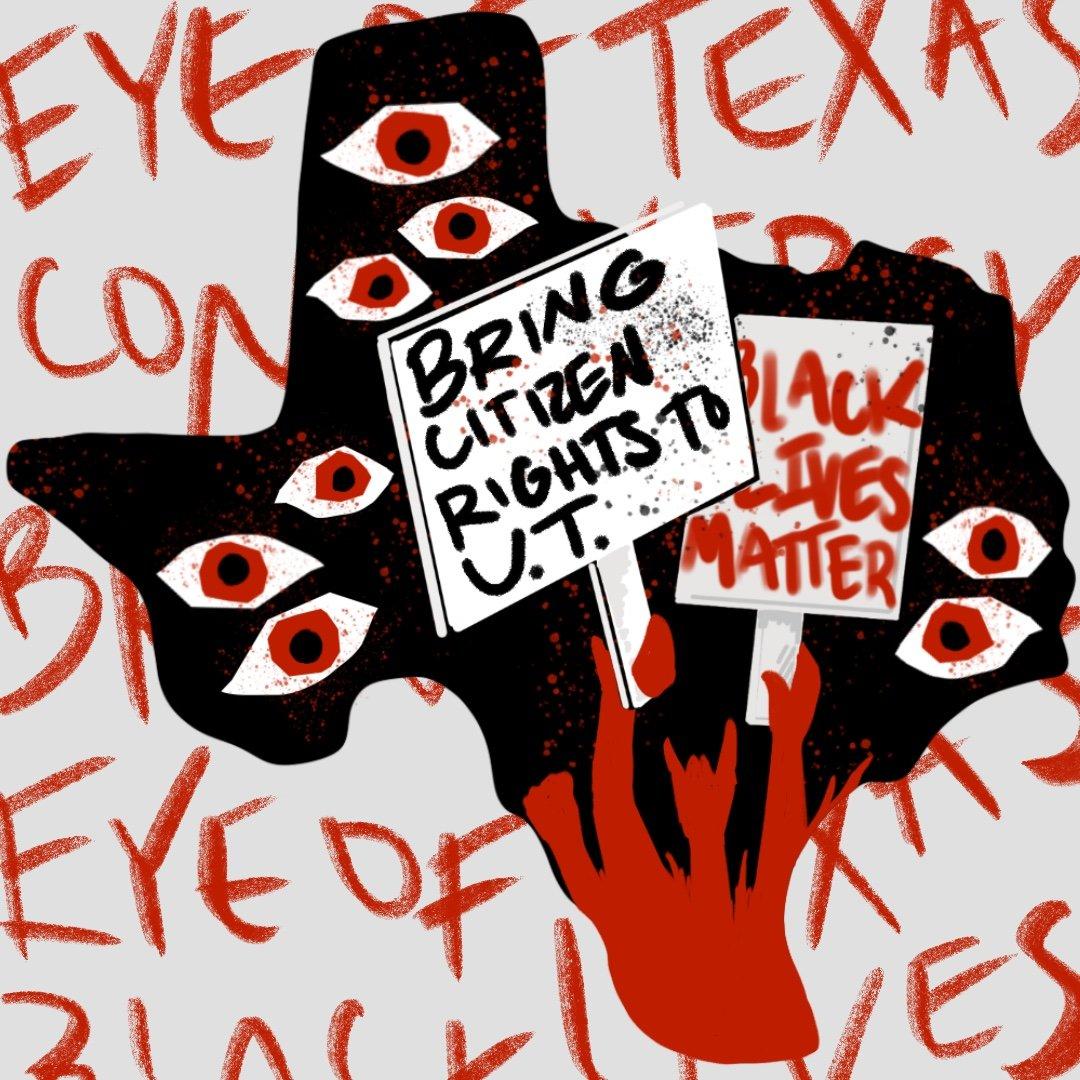Story by Samantha Chavez/ @sam_denisse/ pronouns: she/her
Photographs by María Sureda / @mariasuredas / pronouns: she/her
Model: Clara Sánchez / @clara.sp
Content Warning: discussions of catcalling and harassment
If you can’t enjoy a windy day, a walk down the street, or any other mundane thing that involves going outside and into the male gaze, then you most likely know what it’s like to be objectified. If you’ve ever been shouted at or been stared at too intensely for wearing your favorite skirt or most comfortable jeans or leggings, then you know all too well the shock that chokes you from even forming a thought. If you’ve ever immediately felt anger rise up following these experiences, only to be conquered by fear, and give a nervous smile, or continue walking as if nothing happened, then you’ve had to push down a basic human emotion—anger.
Modern gendered behavior seems to suggest that feminine anger has been regarded as hysteria since humans first roamed the Earth. We are expected to live life with a smile, while men make perverted comments or grab at our bodies with grimy and expectant hands. If one has even a hint of a frown on their face, the fear of being further harassed or the situation escalating to unimaginable horrors is known to perpetuate silence. The fear of violent male retaliation – one that many have long lived with.
When Julia Shell transferred to The University of Texas at Austin from Colorado State University in 2019, she decided to get around Austin by walking, except for her regular drive to work. Shell first remembers being harassed by men when she was 16-years-old. But there are more recent experiences she cannot help but recall vividly.
“I was walking on Guadalupe and two different people said something,” Shell said. “One of them was a homeless man on 23rd street. He said, ‘Oh, you got a nice ass.’ I was like ‘Oh my God, I’m very uncomfortable’ and walked away very quickly.”
Shell immediately felt disgusted at the unnecessary comments yet felt she couldn’t do anything but “avoid eye contact” and pretend the whole thing never happened.
“On the walk back, I was very conscious of pulling my shirt down, and making sure my leggings weren’t too pulled up. I just felt more self conscious of my body when I shouldn’t have,” Shell said. “I was just walking down the street.”
After moving to Austin in August of 2018 to study textiles and apparel at UT, Julian Noyola began to get catcalled more frequently.
“It just started happening really recently when I started going out more femme-presenting, and ever since I dyed my hair blonde,” Noyola said.
One incident they remember vividly happened while waiting at a bus stop to go to a club.
“As someone who is nonbinary and femme-presenting, but psychically doesn’t match, it brings a lot of anxiety to me,” Noyola said. “I usually just play along so that I don’t have more attention brought to me. I don’t respond because I don’t want them to hear my voice.”
Although Noyola tries to look at the positive and see it as a compliment, they know that’s not the type of compliment one looks for.
Zion Puye has lived in Austin since 2017 and studies health and society at UT. Ever since their gender expression became more feminine and they started wearing their long hair in braids, they began to get catcalled more frequently. One specific incident happened a couple of weeks ago at H-E-B.
“I was just there to get my stuff, and some dude was calling at me,” Puye said. “It scared me because it was the first time that something like that happened. Considering how I’m Black, gender non-comforming, and nonbinary trans, it’s very scary. In the back of my mind, I’m always thinking about how so many Black trans women are murdered.”
Puye tried to just ignore it and walked away, but the moment stayed with them long after.
“This behavior is really damaging for people and objectifying, for trans people specifically,” Puye said.
Unfortunately, this behavior has not stopped, and too many people endure it. While they may paste a plastic smile on their face or act as if it is not bothersome, the anger is still there. All too often, feminine anger has had to be repressed. Ultimately, it’s the fear of ‘what if’ that pushes the anger deep down, forcing people to hurry away with hunched shoulders, and shame despite never being in the wrong.
The threat of escalation keeps Noyola from showing their anger. No matter how upsetting the situation can be, there are always horror stories that have been spread on social media about the horrible things men are capable of.
“The next thing you know, I’m a hashtag,” Noyola said. “We live in Texas too. So you never know when someone is packing, or someone’s intent.”
Even in those moments of petrifying anxiety, the anger is still there, and there are words that circle in people’s minds, words that have a reverberating impact, words that need to be said – even if they cannot be said in the appalling moments of harassment.
Noyola has a few choice words in response to catcalling and men who harass: “Fuck off. Think about what you’re doing. Why do you feel the need to? What I’m doing is not your problem. I’m not bothering you. I’m just living my life, expressing myself the way I want. I don’t know why that bothers you.”





